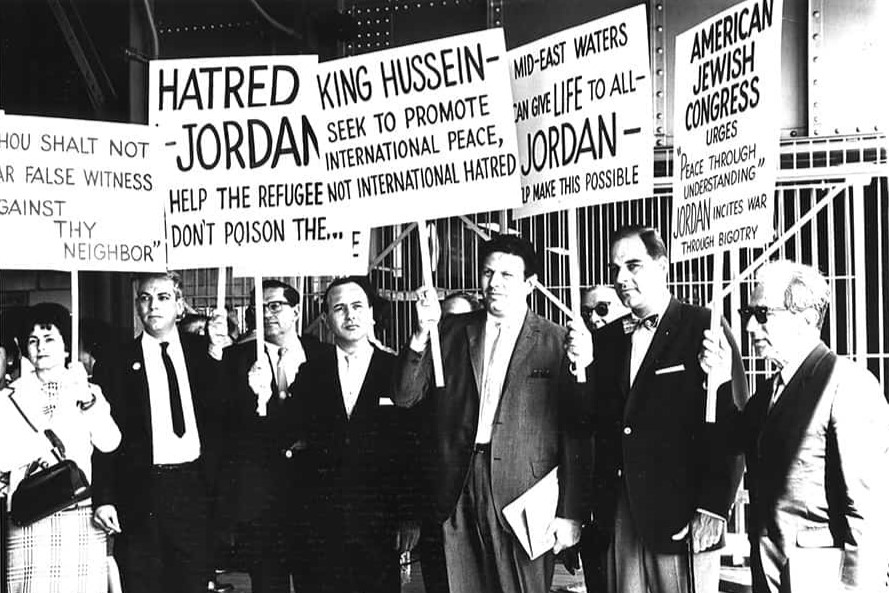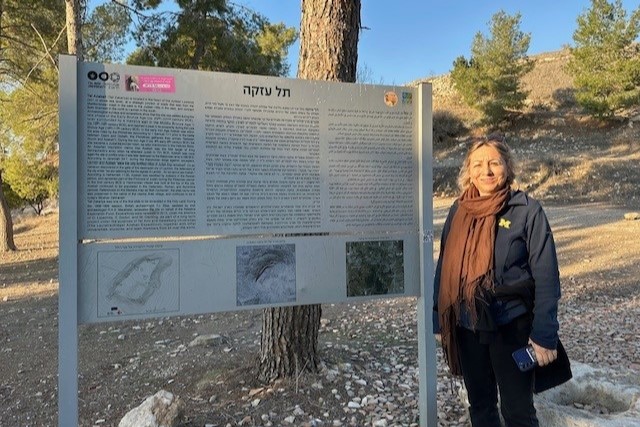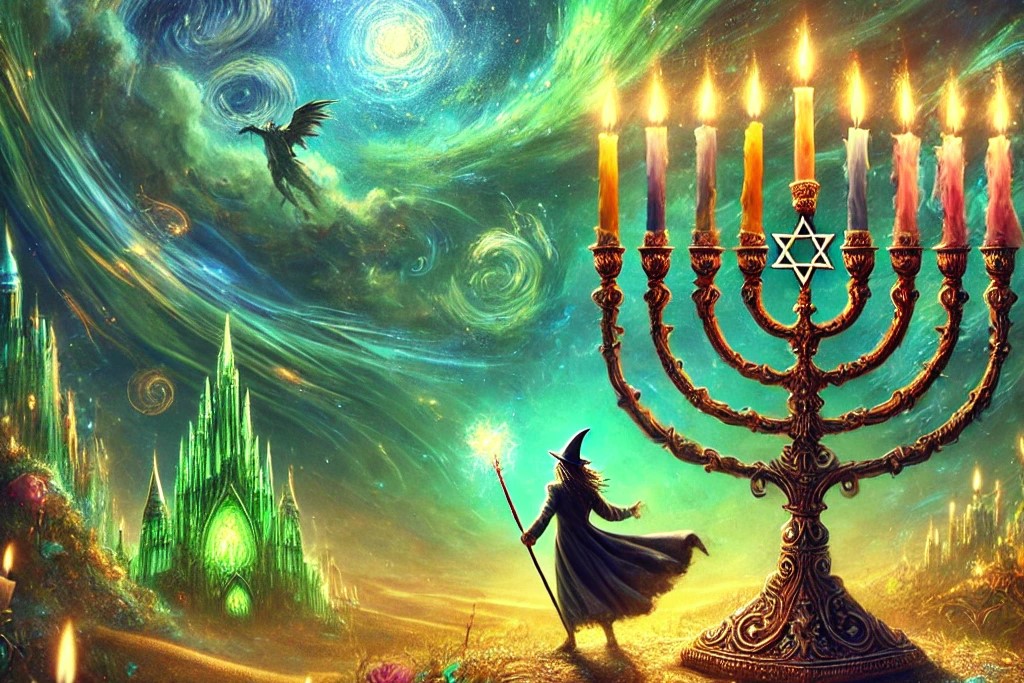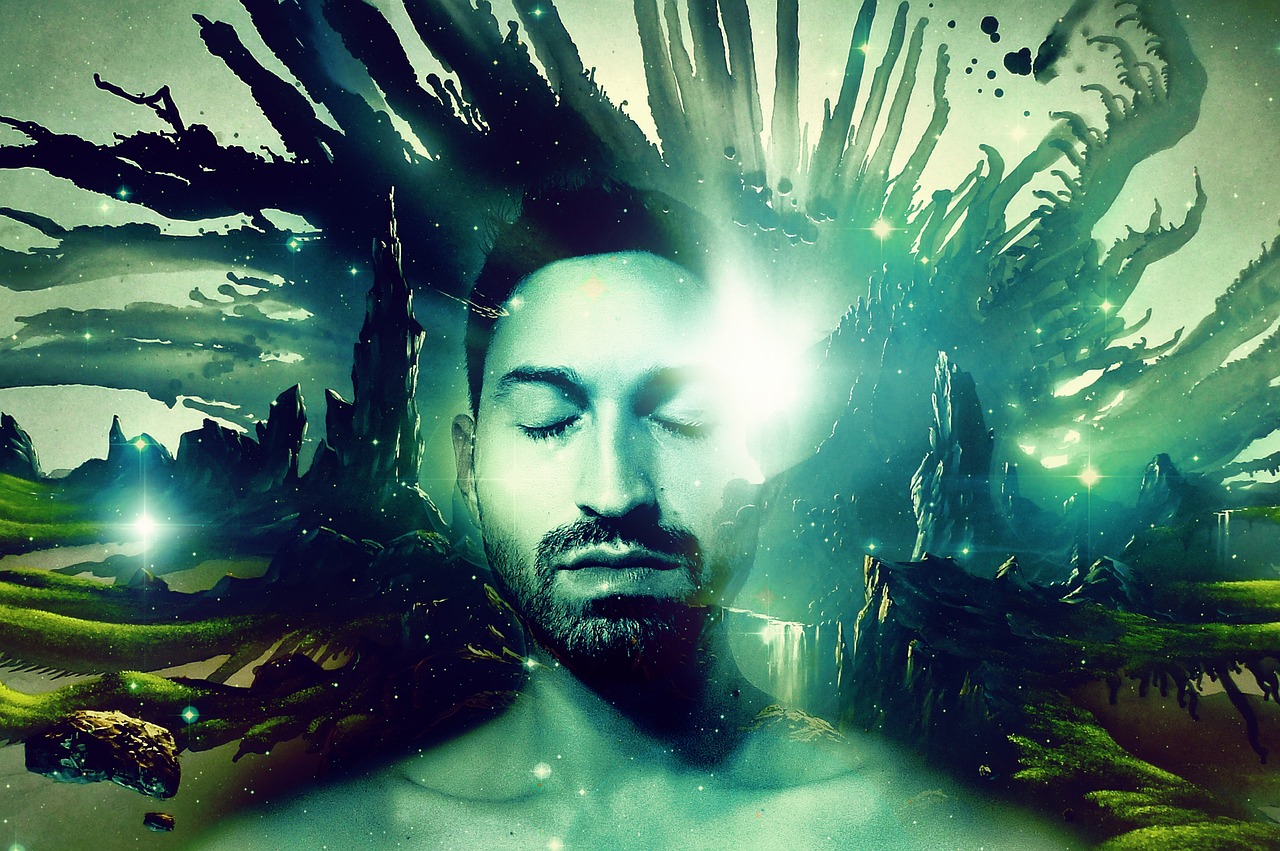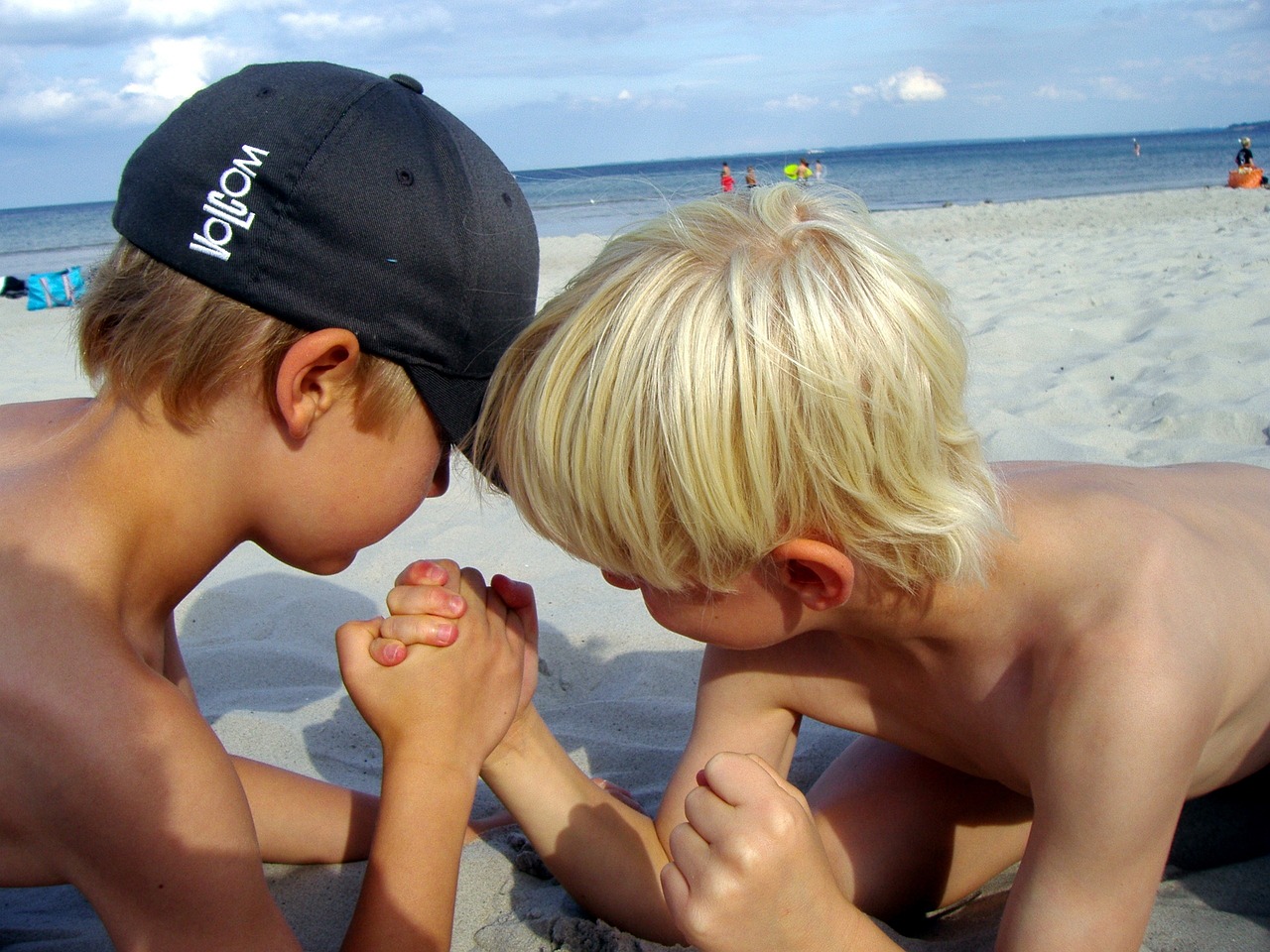Shabbat Weekly Dvar Torah
Jan 17, 2025
The ancient and so-far uncured disease of “anti-Semitism” is reflected in this week’s Torah portion. Pharaoh tells his people: “Behold, the people of the children of Israel are too many and too mighty for us. Come let us deal wisely with them …lest they join themselves unto our enemies and fight against us…”(Shemot/ Exodus 1:9-10). Pharaoh’s description of the situation is not only wrong but reflects wild paranoia... The crazed statements of Pharaoh led to the enslavement of the Israelites.
Jan 10, 2025
This week’s parsha, Vayechi, concludes the book of Bereisheet / Genesis, and with it the story of the Patriarchs and Matriarchs. When we read the book of Shemot / Exodus next week, this family will have become a nation. Vayechi describes how Yaakov / Jacob dies after blessing his sons, and the haftarah connected with this parsha describes how King David dies after giving his last will and testament hundreds of years later.
Jan 3, 2025
The new secular year 2025 has begun, and the title of this Dvar Torah is my advice to you and my own resolution to myself. In this week’s Parashat Vayigash, we find two very different responses to life — one negative and one positive. When Yosef / Joseph brings his father to meet Pharaoh, Pharaoh asks Yaakov / Jacob a simple question: “How many years have you lived?” (Bereisheet / Genesis 47:8). His reply is is one of the saddest statements of any of our ancestors!
Dec 27, 2024
Chanukah has always been a season of light and resilience. Each flicker of the menorah’s candles reminds us of miracles, but also of the courage it takes to stand tall when the odds feel stacked against us. This year, as I reflect on the story of the Maccabees, I can’t help but think about Wicked. The recent film adaptation has reignited conversations about its themes of defiance and identity, and it’s easy to see why. Like the Maccabees, Elphaba, the misunderstood “Wicked Witch,” refuses to let others define her. Both stories remind us of the power of reclaiming narratives and standing up for what matters most.
Dec 20, 2024
Parashat VaYeishev introduces us to Joseph, a young dreamer whose journey begins with familial discord and ends with transformative leadership. His story of resilience, vision, and reconciliation speaks powerfully to challenges faced in the contemporary Jewish world. In VaYeishev, Joseph's dreams inspire him, but his youthful arrogance and his father’s overt favoritism create rifts between him and his brothers. Their jealousy leads to betrayal, setting Joseph on a path filled with hardship and uncertainty.
Dec 13, 2024
This recent Thanksgiving I was in Boston visiting my uncle (my father’s only brother), my aunt and their children and grandchildren. My sister and her son also flew in. The night before Thanksgiving dinner, my sister, my husband Avi and I all had dinner together (but without the other family members), and she shared a difficult issue she was wrestling with regarding her husband.
Wrestling… it’s what we often do with family, right?
Dec 6, 2024
The Torah repeatedly portrays transformative journeys where departure from home signifies not just a physical relocation but a profound spiritual evolution. We saw this with Abraham and Sarah in Parashat Lech Lecha a few weeks ago, and this week we see it in Parashat Vayeitzei with Jacob, their grandchild. In Lech Lecha, G!D commands Abraham: “Go forth from your land, your birthplace, and your father’s house, to the land I will show you.” (Genesis 12:1) Abraham’s departure is a leap of faith. He leaves behind the familiar to establish a covenantal relationship with God. This journey symbolizes the move from comfort to challenge, from the known to the unknown, as Abraham becomes the father of a nation. Jacob’s journey begins under different circumstances.
Fleeing from the wrath of Esau, Jacob embarks on a path filled with uncertainty: “And Jacob left Be’er Sheva and went toward Haran.” (Genesis 28:10)
Nov 29, 2024
The practice of thanksgiving is meant to awaken us to the blessings we might otherwise take for granted. But for many of us, Thanksgiving this year is overshadowed both by the violence in Israel, Gaza, and Lebanon, and by the strong feelings many of us have about it — feelings often at odds with others around the holiday table. So allow me to offer a different kind of gratitude practice in the hope that it might provide a little solace, and even a little coexistence... spirituality in general is not about denying the presence of suffering, or even evil, in the world.
Nov 22, 2024
I really identify with this Torah portion of Chayei Sarah, because parts of it parallel aspects of my own life. After Sarah dies at the outset of this week's parsha and following Abraham’s purchase of the Cave of Machpelah in Hevron to serve as her burial site, we come to the story of Rebecca becoming the wife of Isaac, Abraham’s son.
Nov 15, 2024
Idolatry is the practice of treating something of relative importance as though it were of ultimate significance. In our idolatrous age, we often act as though money, careers, sex appeal or prestige are of ultimate importance, when in fact, they are only worthwhile to the degree that they can contribute to our becoming better, more compassionate and more responsible people. Today's Torah reading highlights another source of idolatry. It is altogether common to treat honesty as the highest value possible.

